The second China Borderland Studies Doctoral Forum was successfully held at Guangxi University on 24 March. The Forum was hosted by the China Borderland Research Institute of the Chinese Academy of Social Sciences (China Borderland Research Institute of the Chinese Academy of History) and Guangxi University, and co-sponsored by the China The Borderland Economics Research Institute of Guangxi University, the School of Economics of Guangxi University/China-ASEAN School of Financial Cooperation, the Center for Research on Borderland Security and Development of the Chinese Academy of Social Sciences, the Xinjiang Think Tank and the Editorial Department of China Borderland Historical and Geographical Studies. The second China Borderland Studies Doctoral Forum was successfully held at Guangxi University. The theme of the forum was "Exploration and Controversy". The forum, entitled "Research on Chinese Borderland Studies in the New Era", was attended by over 110 doctoral students from Tsinghua University, Renmin University of China, the University of Chinese Academy of Social Sciences, Guangxi University and other universities. A total of 180 papers were submitted for consideration, and 84 were selected for presentation by their authors. The forum comprised three main elements: an opening ceremony, a keynote report and sub-forum sessions.
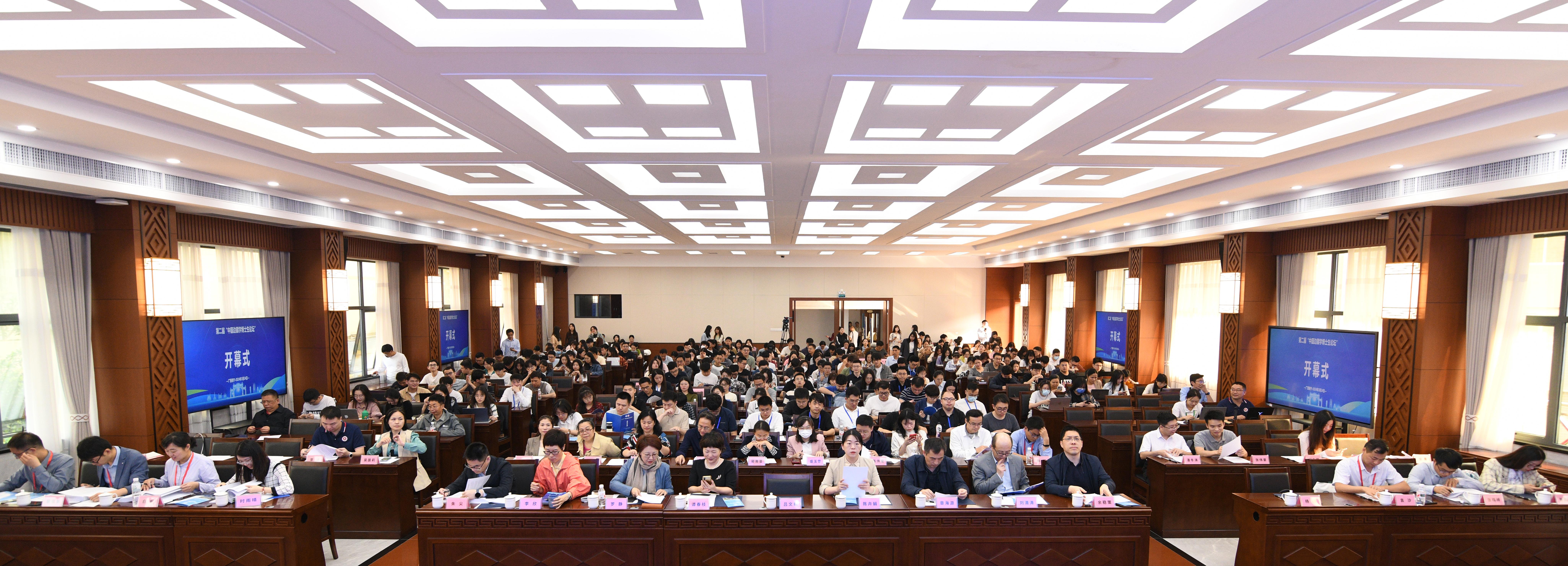
The Conference Scene

Photo of the Participants
At the opening ceremony of the forum, Comrade Xia Guoen, Standing Committee of the Party Committee and Vice Dean of Guangxi University, and Researcher Fan Enshi, Deputy Director of China Institute of Borderland Studies, Chinese Academy of Social Sciences, delivered speeches. The opening ceremony was overseen by Li Guanghui, a researcher at the China Institute of Borderland Economics at Guangxi University, who also serves as the vice dean of the China Society for International Economic Cooperation and director of the Specialized Committee on Borderland Cooperation.


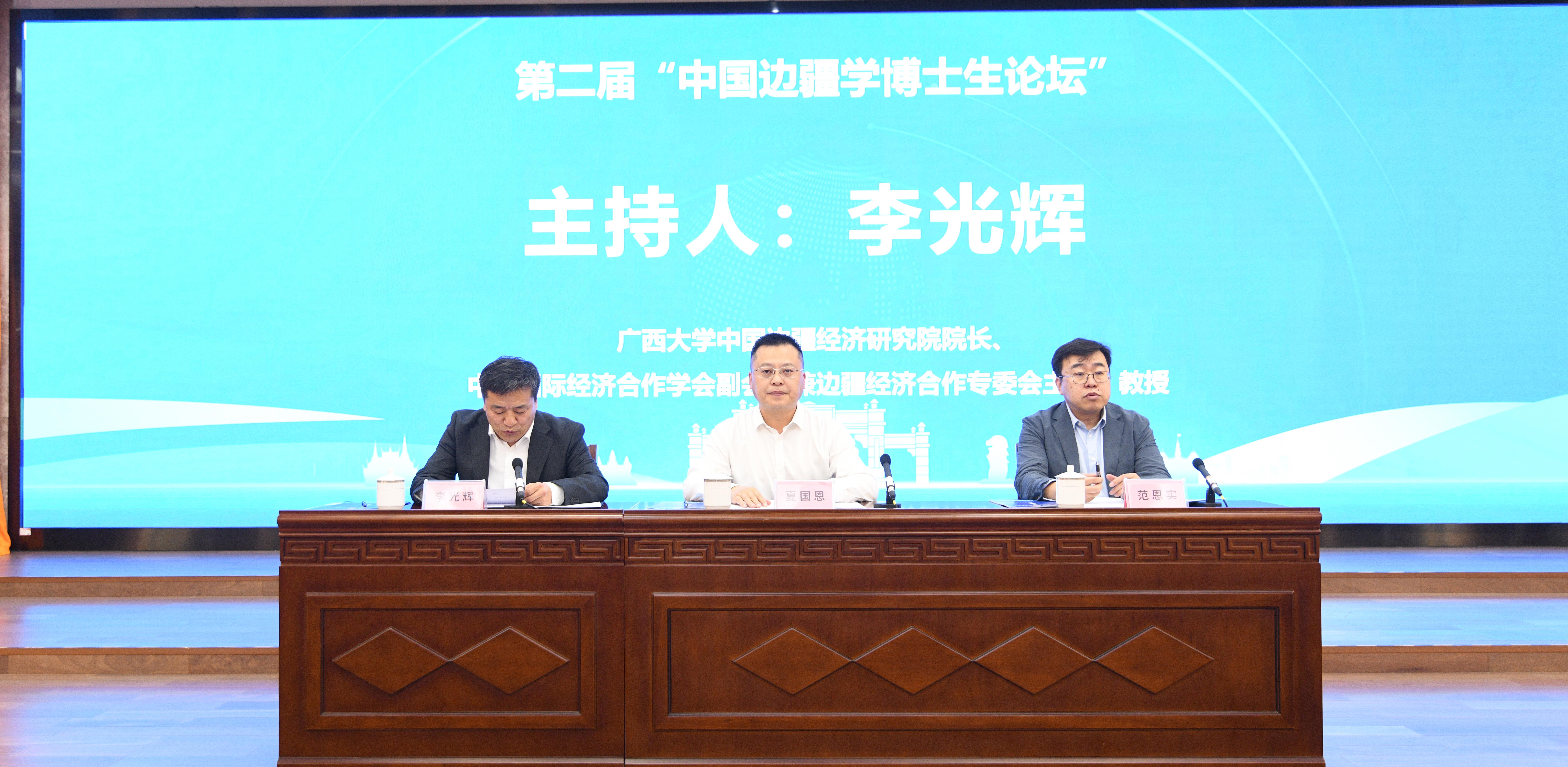
Opening of the Forum
In his speech, Mr. Xia Guoen, Vice Dean of Guangxi University, emphasised the importance of establishing the "three systems" of China's frontier studies with Chinese characteristics. He highlighted the potential of these studies to generate high-quality research outcomes and to offer insights that could inform the sustainable development of China's contemporary frontiers, long-term peace and stability, and the advancement of frontier areas. Additionally, he underscored the significance of these studies in promoting the high-quality development of the frontier economy. Today, doctoral students from numerous universities and research institutes in China, engaged in the study of borderland studies, convene to exchange ideas and engage in discourse. This will undoubtedly give rise to novel exchanges, interactions, and outcomes. It is our hope that you will continue to maintain an enthusiasm for exchange and a curiosity for exploration, and uphold a scientific attitude of seeking truth from facts in order to keep exploring. In this way, you will be able to contribute to the promotion of development and construction of China's borderland areas. We would also like to take this opportunity to warmly invite all the outstanding doctoral students to graduate from the University of Guangxi. Furthermore, we extend an invitation to all outstanding doctoral students to consider pursuing their postgraduate studies at Guangxi University.
In his speech, Mr. Fan Enshi, deputy director of the institute, highlighted that since the advent of the new era, global transformations have accelerated, China's development has entered a phase where strategic opportunities, risks, and challenges coexist, and the number of uncertain and unpredictable factors has increased. Furthermore, he emphasised that the risks and challenges to the development and security of the border have persisted, and that border governance has attained a strategic level commensurate with national governance. To address the challenges of frontier governance, it is essential to not only align with the prevailing zeitgeist but also to draw insights from historical experience. China's frontier studies represents an emerging interdisciplinary field that draws upon the country's rich history of frontiers and integrates insights from history, political science, economics, ethnology, international relations, and other disciplines. It addresses the pressing concerns of contemporary frontier governance. The young scholars and doctoral students present here constitute an important force for the development of China's borderland studies. It is my hope that they will accept this mission, apply themselves diligently, and strive to establish a new era of Chinese borderland studies.
Dean Li Guanghui extended a cordial welcome to the experts, scholars, and doctoral students in attendance at the forum. The construction of the "three systems" of China's frontier studies is a lengthy process, and it is imperative to fully comprehend the urgency and significance of establishing a discipline of China's frontier studies. The research into China's frontier economy is promising, and the development and security of the frontier is related to the construction of a modernised and powerful country. It is hoped that the China Institute of Border Economics and the China Institute of Borderland Studies of the Chinese Academy of Social Sciences will reinforce their exchanges and collaboration, and work together to facilitate the flourishing of China's borderland studies.
Subsequent to the inaugural ceremony, Deputy Director Fan Enshi and Dean Li Guanghui presented keynote addresses. The keynote speeches were moderated by Mr. Zhang Haiyuan, Deputy Director of the American University Institute of the Research Institute of the Ministry of Commerce and Vice Dean of the China Institute of Border Economics.


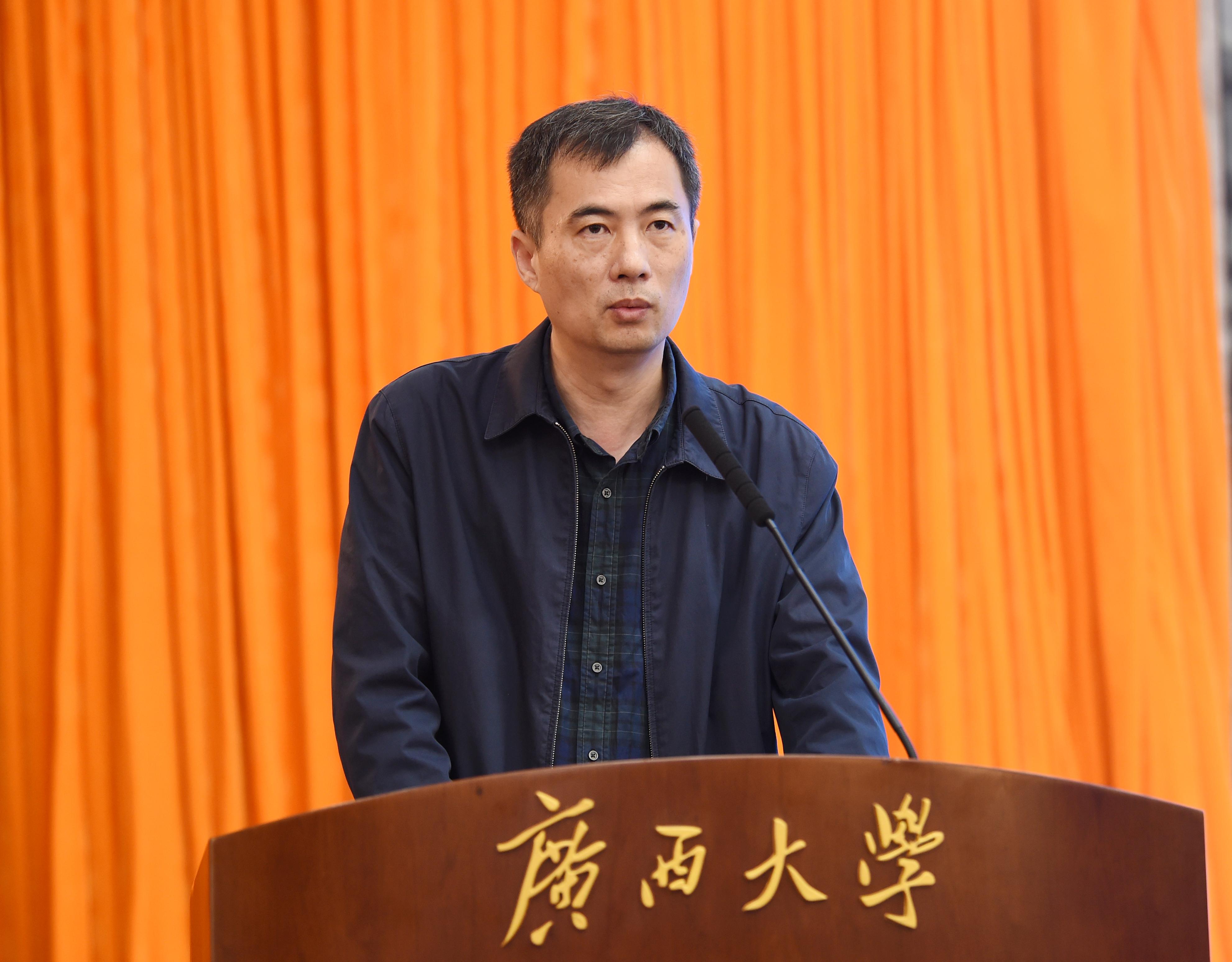
Forum keynote presentations
In his report, Deputy Director Fan Enshi provided a detailed account of the construction of an independent knowledge system of Chinese borderland studies in the new era. He focused on three key aspects: disciplinary system, academic system and discourse system. He proposed that we should fully recognise the cognitive differences between Chinese borderland studies and the Western academic system on the borderland. It is crucial to emphasise the specificity and importance of the Chinese borderland, construct an independent knowledge system of our country, and gain a deeper understanding of the practice of border governance in the new era. This can be achieved by focusing on three key aspects: stabilising the border and solidifying the borderland, promoting borderland and enriching the people, and constructing a community of destiny around the border. By doing so, we can achieve remarkable results. The practice of border control in the new era will be understood from three aspects: stabilising the border, consolidating the defence, prospering the border, enriching the people, and building a community of destiny in the surrounding area. Border research will be carried out under the guidance of the theory and thought of border control of the CPC Central Committee, with the aim of forming high-level achievements and thoroughly studying the theoretical and methodological aspects of Chinese border studies, thereby ensuring the stability and reach of the discipline of Chinese border studies.
In his report, Dean Li Guanghui highlighted that, while the economy of China's border areas has made notable advancements in recent years, there remain disparities when compared to other regions within the country. In light of this, it is imperative to identify novel avenues for the economic development of border areas, particularly in view of the evolving domestic and international landscape. It is imperative that border areas establish a clear development orientation, learn from the experience of opening up the coast, enhance the level of opening up to the outside world, reinforce the construction of infrastructure, augment the capacity for foreign cooperation, advance the construction of open platforms, deepen international cooperation, transform the location advantages of border areas into development advantages, and continuously promote the high-quality development of China's border economy in the new era.
In the sub-forum report and expert review session, the participating doctoral students presented their academic research findings on five topics, including "History of National Integration and National Unification," "History of Ancient Frontier Governance in China," and "History of Ancient Frontier and Civilization in China." These included the following themes: 'History of National Integration and National Unity', 'History of Ancient Border Governance in China', 'History of Ancient Borderland and Civilisation in China', 'Casting a Strong Consciousness of Chinese National Community in Borderland Areas', and 'Interaction between Borderland Areas and Neighbouring Countries'. The subsequent section will present the comments made by the experts. These were then commented on by experts. It is anticipated that they will make a significant contribution to the advancement of China's frontier studies.
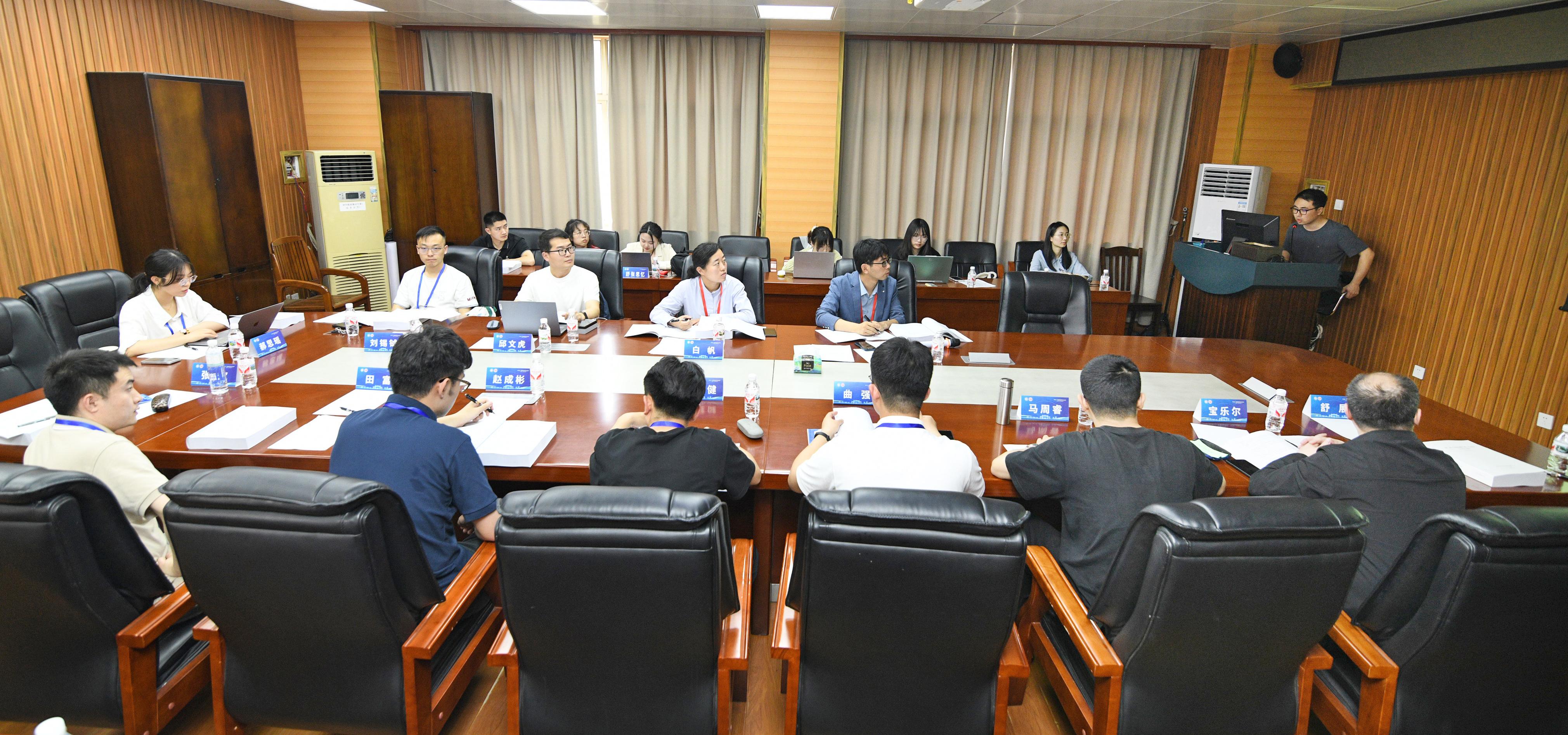

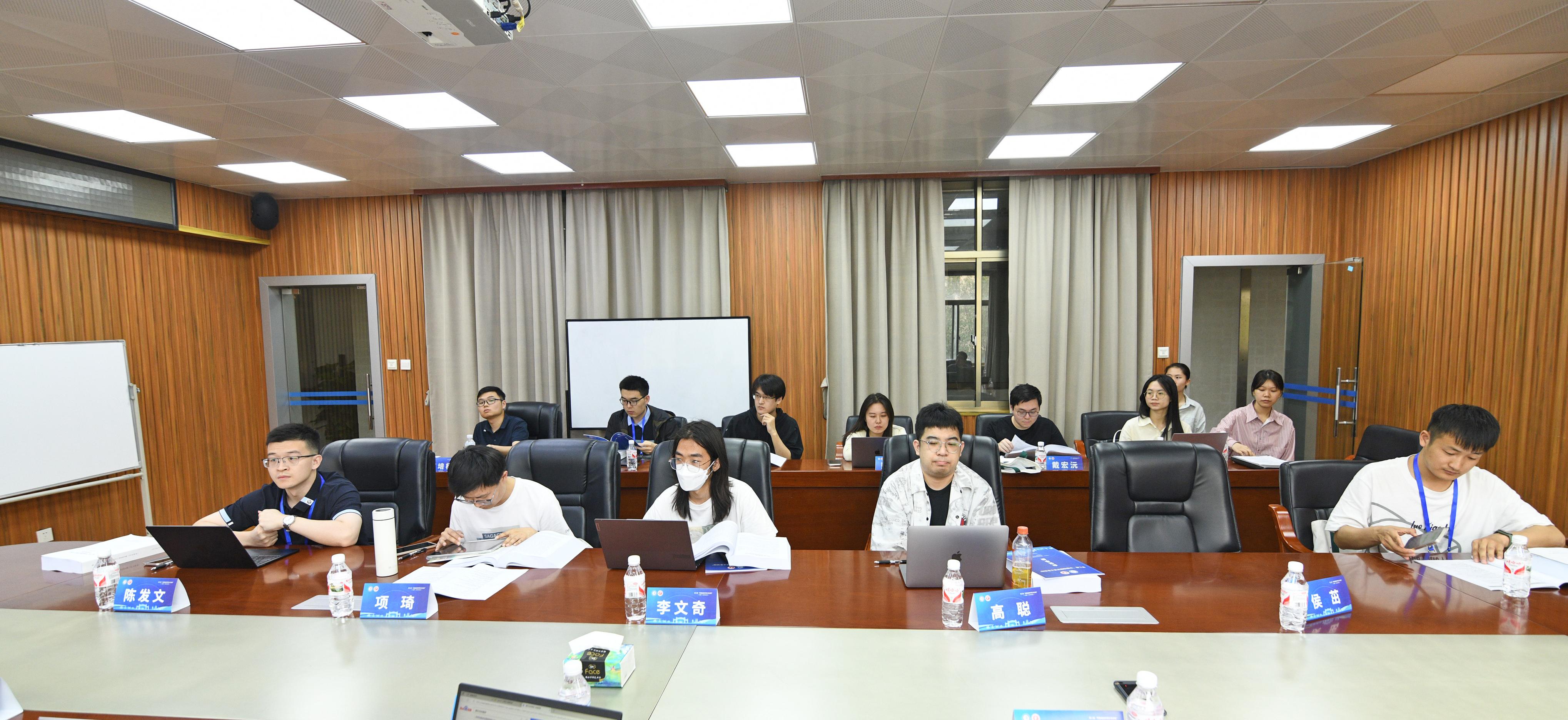


Photos of Sub-forums
Translated by:Miao Lu
Edited by:Li Yangyang


 ADD:No.100 Daxue Road, Nanning, Guangxi, China
ADD:No.100 Daxue Road, Nanning, Guangxi, China Tel/Fax:+86-0771-3186687
Tel/Fax:+86-0771-3186687 Email: gse@gxu.edu.cn
Email: gse@gxu.edu.cn